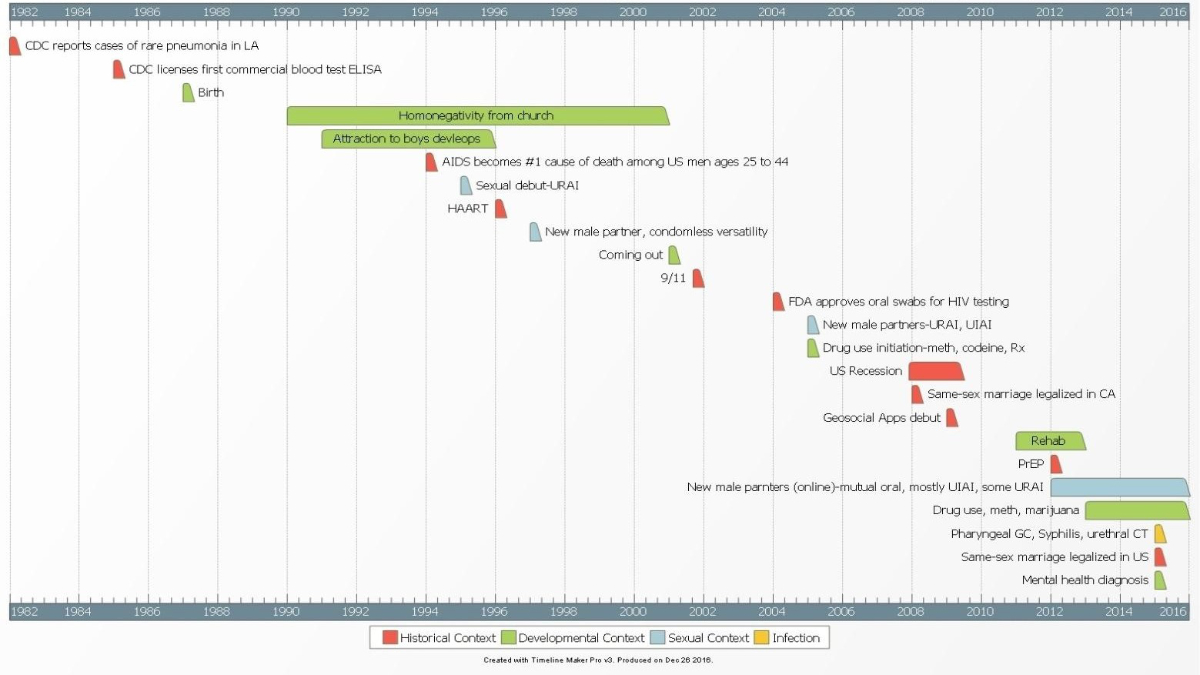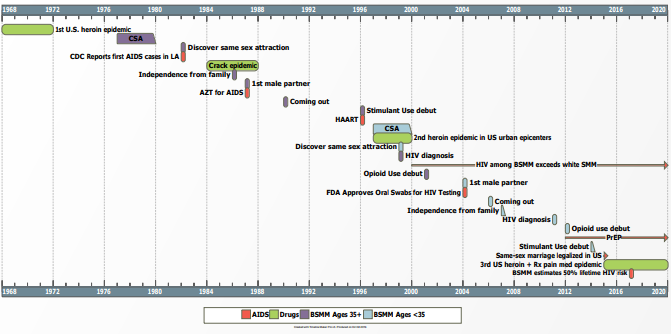Innovations
We develop new insights and apply novel and different solutions to make improvementsA Novel Peer-Based PrEP Decision-Aid (Dangerfield II, Anderson, & Kerrigan 2025)
Dr. Dangerfield and colleagues recently documented the design process of a novel decision aid to address HIV pre-exposure prophylaxis (PrEP) motivation and use among Black sexual minority men based upon the POSSIBLE pilot trial. The decision aid helps users contextualize their HIV vulnerability and consider PrEP options through personalized, culturally responsive content that addresses common questions, barriers, and misconceptions. The interactive decision aid is available online and being refined for testing in real-world contexts. This innovative tool reflects Dr. Dangerfield’s broader commitment to translating prevention science into practical, community-centered interventions that advance sexual health and informed decision-making.
POSSIBLE: A Peer-Based Intervention to Improve HIV Risk Perceptions and PrEP Use among Black Sexual Minority Men (Dangerfield II & Anderson, 2024)
Dr. Dangerfield led an intervention to help improve perceived HIV risk and PrEP use among Black sexual minority men and conducted a two year autoethnography as a peer change agent in the study. Baseline data showed that a scripted PCA can improve perceived HIV risk and willingness to accept PrEP referrals after a brief session. This could be due to a combination of the intentional implementation of the PCA and theoretically-guided script that was used with every participant. Black SMM may have been cued to action quickly at baseline because the PCA was a familiar in-group member yet also a “future self” who could express authentic empathy, disarm latent mistrust of the research experience, and systematically guide conversations toward an a priori goal (i.e., PrEP use). A larger efficacy trial is currently being designed to examine greater community impact in a new study.
Timelines of life events and developmental pathway to sexual risk-taking among Black sexual minority men (Dangerfield et al. 2017)
A timeline of life events can visualize the relationship between medical advances in HIV treatment and prevention, major life events, changes in partners, sexual behavior, and HIV/STI outcomes in time. The timeline provides a valuable resource in analysis that not only helps identify patterns in the life history data, but also highlight how a dynamic relationship between historical context, personal development, and individual sexual encounters might combine to facilitate sexual risk and HIV/STI outcomes among BMSM.
Timeline of developmental pathways to drug use and HIV vulnerability among two age cohorts of Black sexual minority men (Dangerfield II et al., 2020)
This timeline shows how Black SMM over age 35 had longer exposure to drug use epidemics and sexual risk behaviors prior to their average age of HIV infection than younger Black SMM who on average experienced earlier HIV infections and subsequent drug use. Same-sex marriage is now legalized, drug use is increasingly considered a mental health disorder, and HIV infection is not a death sentence in the U.S. Comparatively, older BSMM experienced greater exposure to sexuality stigma, the criminalization of drug use, and AIDS-related deaths. Dangerfield et al. (2020) showed different patterns, profiles, and motivations for drug use by age among Black SMM.
